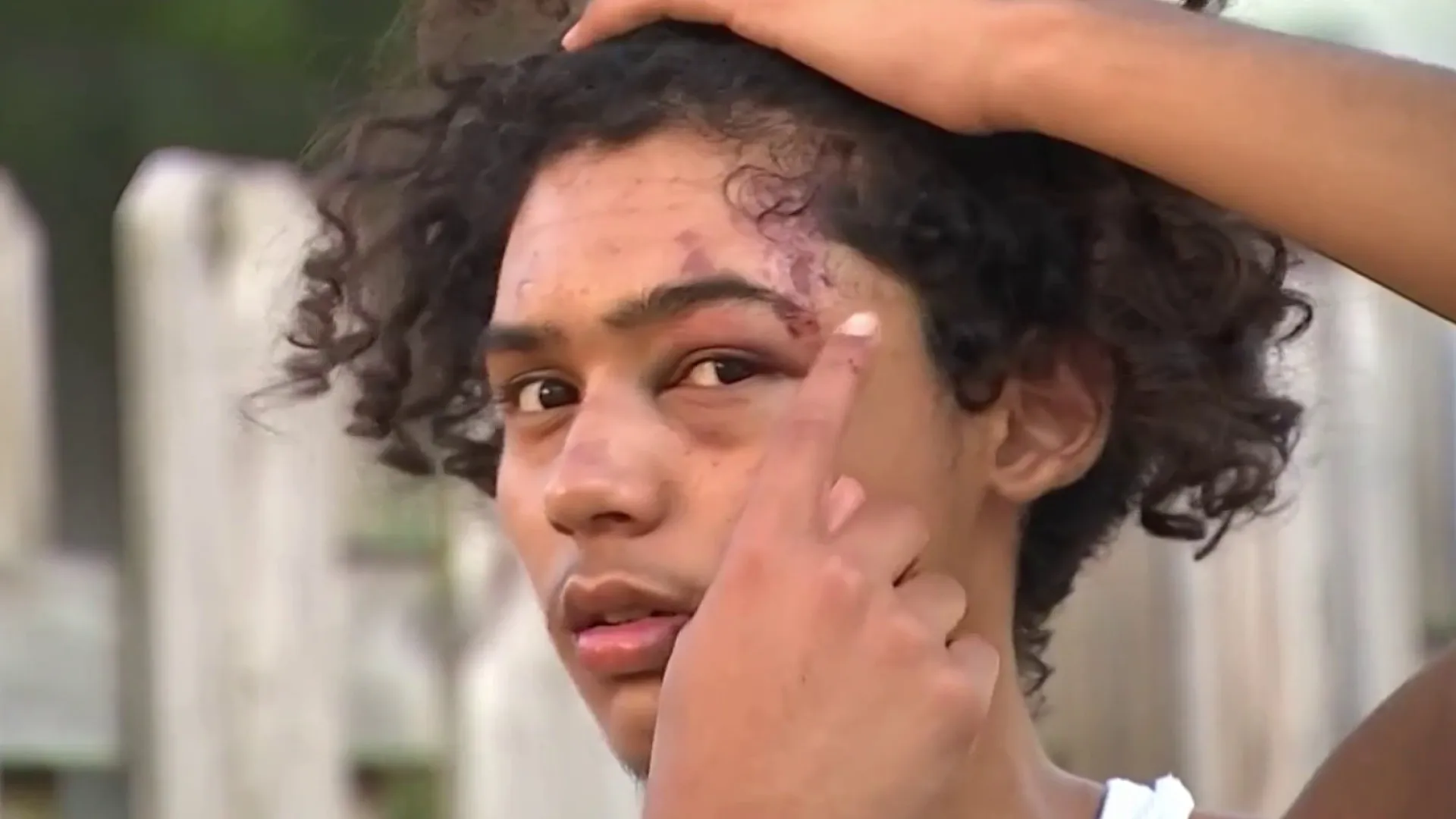As temperatures rise in South Florida, snakes become more active during snakebite season.
Every year from April to October, the number of snake bites spike due to the warmer temperatures.
Miami-Dade Fire Rescue's Venom Response Team is sending a warning to residents to protect themselves from four venomous snakes that live in South Florida. The snakes to be on the lookout for are the Water Moccasin (or Cottonmouth), Coral Snake, Pygmy Rattlesnake and Eastern Diamondback Rattlesnake. They are mainly seen in rural areas in the early morning and early evening hours.

If you are bitten by a snake officials advise that you get a good description of the serpent.
“Catch the snake with your eyes, not with your hands,” said Lt. Scott Mullin of MDFR’s Venom Response Team. “What is important to know is the description of the snake you encountered, not the snake itself, as many times, people are bitten when trying to trap the snake.”
An estimated 7,000 to 8,000 people receive venomous bites in the U.S. per year, and about five of those people die, according to the Center for Disease Control and Prevention.
Local
Officials list the following steps to take to reduce your risk of being bitten this summer:
• Be aware that snakes tend to be more active first thing in the morning and at night in warmer weather
• Stay away from tall grass and piles of leaves when possible
• Wear closed toed shoes instead of flip-flops during peak hours
• Remove items they might use for shelter around your house
• Do not walk around outdoors barefooted when most snakes are on the prowl for food
If you are bitten by a snake MDFR Venom Team recommends:
• Stay calm and call 9-1-1
• Try to identify the snake by sight only. Look for color, marking and shape of the head
• Keep the patient calm and immobile
• Keep the affected limb at an even level with the rest of the body
• Do not use a tourniquet
• Do not cut the wound
• Do not try to suck out the venom
• Do not pack the wound in ice



